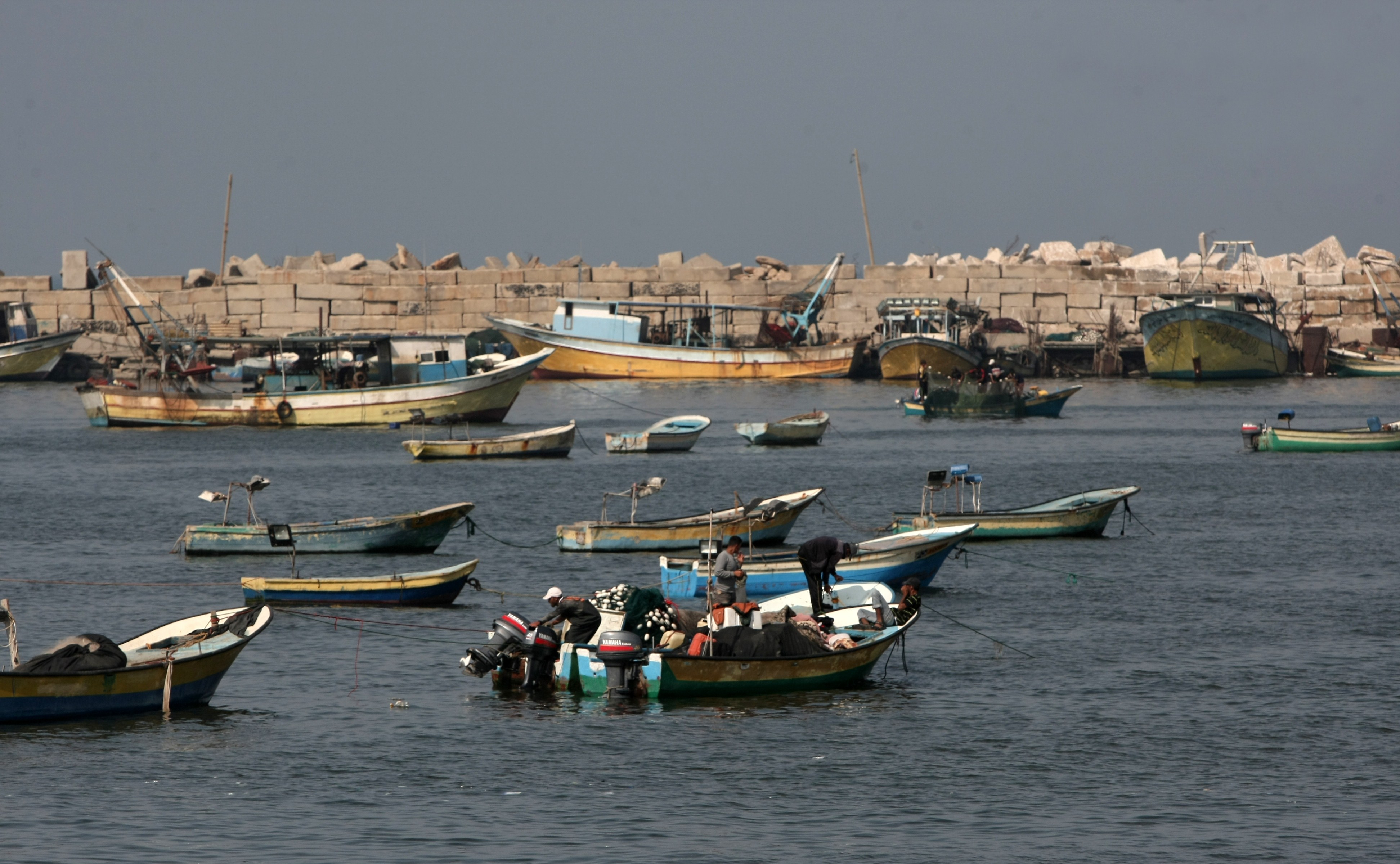
It was as if the clock had turned back to those fateful days last November when youth revolutionaries had battled with security forces on Mohamed Mahmoud Street in downtown Cairo, in protests demanding an end to military rule. This week’s clashes between activists and riot police on the very same street were reminiscent of last year’s bloody skirmishes that left more than forty people dead.
The protesters had returned to the street on Monday to commemorate the first anniversary of what has since become known as The Battle of Mohamed Mahmoud. Monday’s rally turned violent when a few rowdy youths started wreaking havoc. They hurled rocks and Molotov cocktails at police who responded by firing tear gas and birdshot at the demonstrators. Scores have been injured in the current clashes.
Anti-Muslim Brotherhood sentiment ran high at Monday’s protest with demonstrators chanting “down with the rule of the supreme guide” and “No to Morsy Mubarak!” Many of the activists said they were angry that to date there has been no retribution for the martyrs of the revolution.
A series of acquittals of police officers charged with the killing of protesters during and after the 18 day uprising in January 2011 has increased the level of frustration among youth revolutionaries, many of whom say they feel that “the revolution has been stolen by the Muslim Brotherhood.”
Many of the pro-reform activists who led the mass protests in Tahrir Square last year hoped the “new” Egypt would be a secular, civil state. Their hopes were dashed by the rise of Islamists to power in the post revolution parliamentary and presidential elections. A precarious security situation, high unemployment and economic decline have all fuelled the anger over unmet expectations.
Differences between liberal and Islamist members of the Constitutional Assembly (tasked with drafting the country’s new constitution) have widened the rift between secularists and leftist forces on the one hand and conservative Islamists on the other. The debate over the role Islamic Shari’a Law will play in the “new” Egypt has further polarised a country already deeply divided along ideological lines.
Meantime, the train collision in Assiut this week, the latest in a series of similar disasters in Egypt in recent years, came as a chilling reminder that little has changed in the country since former President Hosni Mubarak was toppled. 51 people, mostly children, were killed in the crash making it the worst tragedy since President Morsy was elected.
The resignation of Egypt’s transport minister in the wake of the tragedy did little to ease the anger of a distraught public, grown accustomed to blaming all its woes on the government.
Add to all of this, the simmering tensions across the border in neighbouring Gaza and Israel. Egyptians watched with horror this week, scenes on their TV screens of the latest Israeli bombardment of Gaza. Many were concerned that the violence would spill over the border into Egypt, dragging the country into a conflict the country neither desires nor can afford.
Moreover, rumours of an influx of Palestinians into the Sinai, to escape the Israeli shelling, added to worries that “Hamas and Israel both have their eye on Sinai.”
The truth is that President Morsy handled the crisis well. He swiftly recalled his ambassador to Israel but stopped short of severing ties. He also ordered the partial opening of the Rafah border crossing to allow humanitarian convoys in and wounded Palestinians out of Gaza.
Yet, he did not give military aid to Hamas and entered into serious consultations with international leaders and diplomats (including the emir of Qatar and the Turkish prime minister) to broker a long term truce agreement so as to avert an Israeli ground offensive into Gaza.
His efforts to mediate a ceasefire agreement between the conflicting sides have surprised many sceptical observers who had anticipated a call to arms from the Islamist President.
Hamas has demanded the lifting of the Israeli siege on Gaza once and for all, and an end to the targetted killing of Palestinian military officials. Israelis meanwhile want guarantees that Hamas will not fire rockets into Israel from Gaza or the Sinai Peninsula.
Weighed down by so many heavy challenges, the activists who went to Mohamed Mahmoud Street on Monday had actually gone to vent their anger at the security forces. Indeed, the last two years have been extremely difficult for most Egyptians.
There are those who feel that for every step forward there are several back. However, as in many of the other recent protests, a sizeable part of the population has stayed away. Many Egyptians are tired of the emotional upheavals and political turmoil and simply want to move on.
Unlike the January 2011 mass uprising that toppled the former president (which was an all-inclusive people’s movement), this latest rally did not enjoy much popular support. The taxi driver who drove me past the street just before the clashes broke out, told me “People have grown tired. The time for protests is over. We need to get back to work.” I fully agree.


